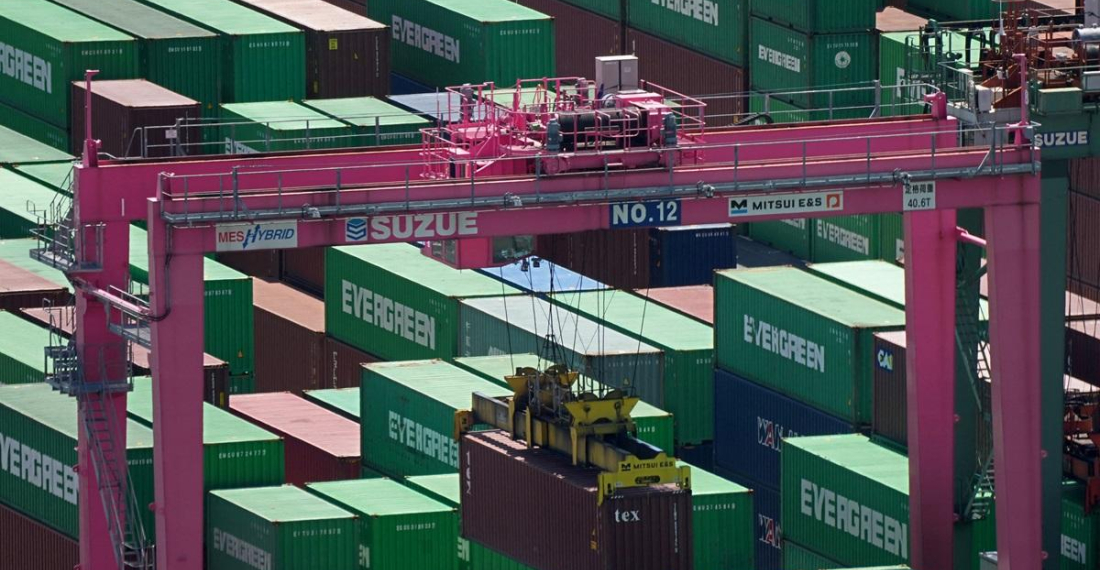The EU on Wednesday adopted its first measures hitting back at President Donald Trump’s tariff onslaught, targeting more than 20 billion euros of US goods including soybeans, motorcycles and beauty products. The levies of up to 25 per cent are retaliation for US duties on steel and aluminium imposed last month - with Europe's response to Trump's latest tariffs salvo yet to be announced.
Duties will start to be collected under the measures on April 15, the commission said. "These countermeasures can be suspended at any time, should the US agree to a fair and balanced negotiated outcome," the European Commission said in a statement issued after EU member states greenlit the measures. "The EU considers US tariffs unjustified and damaging, causing economic harm to both sides, as well as the global economy," it added.
Trump has also slapped a 25-percent tariff on car imports from the EU, and targeted the bloc with so-called reciprocal tariffs of 20 percent that came into force Wednesday, as in dozens of other countries. The response to those measures could be unveiled as early as next week.
Approved by 26 EU countries - with Hungary voting against - the list of targeted products is weighted towards states held by Trump's Republicans. The goods include poultry, rice, corn, fruit and nuts, wood, motorcycles, plastics, textiles, paintings and electrical equipment.
Bourbon had been on a preliminary list, but the EU removed it after pressure from major wine exporters France and Italy, fearing Trump would deliver on threats of a whopping 200-percent tariff on European drinks.
The European Union's response to Trump's tariff assault has sought to balance calibrated retaliation with a push for negotiations to avert an all-out trade war. Its first retaliatory move was approved as Washington and Beijing ratcheted up a tit-for-tat escalation on tariffs - and US Treasury Secretary Scott Bessent said countries which do not hit back would not face higher rates. The measures approved Wednesday consist of two parts.
First, the EU will let a set of levies dating from Trump's first term - but currently suspended - snap back into place and they will be collected from next Tuesday. The second step includes the new list of products to target with tariffs, most of which will take effect next month, with some in December.
EU chiefs Ursula von der Leyen and Antonio Costa emphasised Europe's push for negotiation after meeting with leaders from the American Chamber of Commerce to the European Union on Wednesday. The chamber's members include Amazon, Apple, Boeing, Ford and McDonald's.







